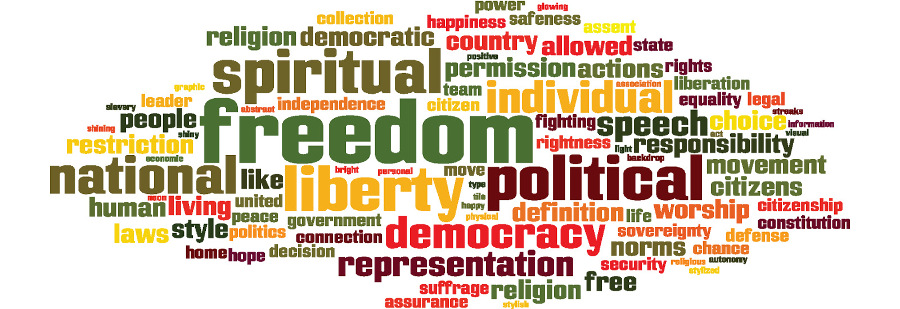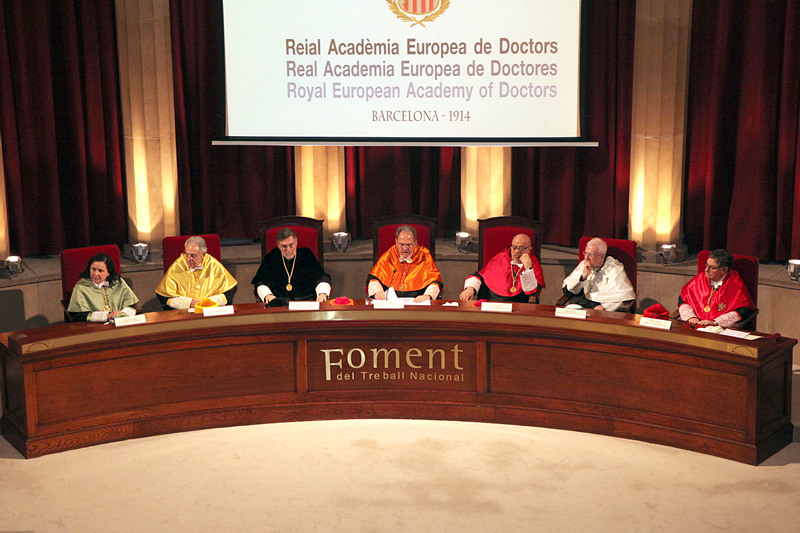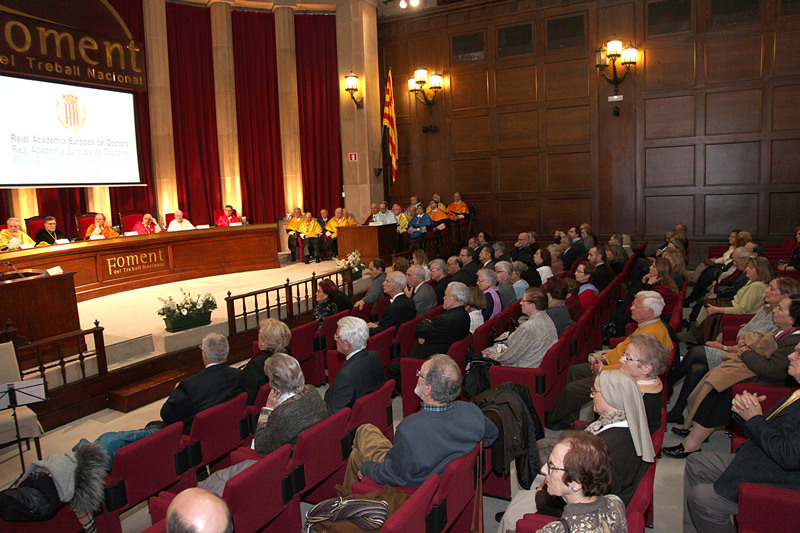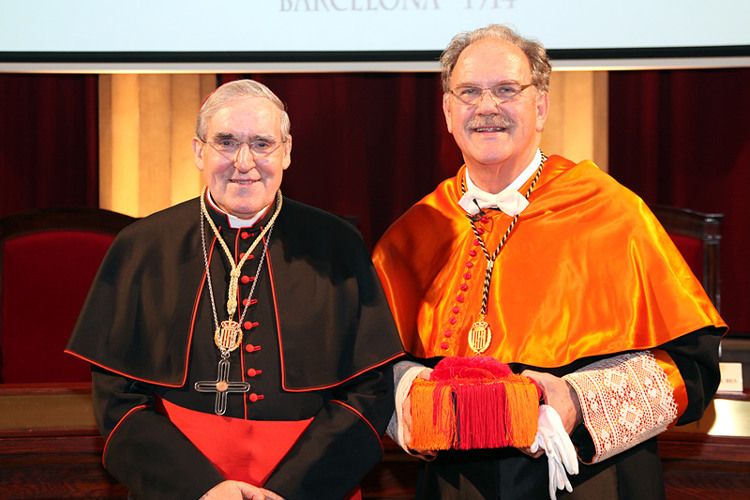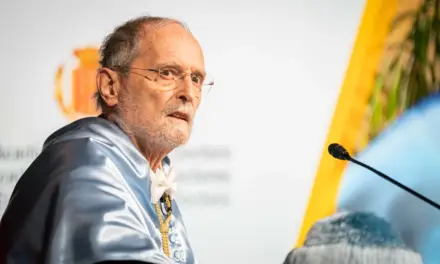“Today there are many concrete manifestations that signal the passage from secular pact to secularism”
Lluís Martínez Sistach, cardinal archbishop emeritus of Barcelona, entered the Royal European Academy of Doctors-Barcelona 1914 (RAED) as an honorary academician during a ceremony held on 12 December. The recipient read his admission speech “Laïcitat i laïcisme en l’occident europeu” (Secular pact and secularism in Western Europe), where he reviews the Church’s current situation in a society where the religious phenomenon is increasingly besieged. The ceremony was attended by, among others, the cardinal archbishop of Barcelona, Juan José Omella; the archbishop of Urgell and co-prince of Andorra, Joan Enric Vives, and the auxiliary bishop of Barcelona Sergi Gordo. The full academician Francesc Torralba, responded on behalf of the RAED.
Martínez Sistach defended the right to religious freedom recognised by the vast majority of Western countries and praised the secularism that recognises and supports the Spanish Constitution, and even praised the positive role it has for the maintenance of the faith and a strong and entrenched institution like the Catholic Church, but opposed to this constructive reality that of a secularism that tries to put an end to any religious fact, while recognising the humanist role and respect for the religion of the European Union. “In the process of development and maturation of the European Union, the fundamental right of religious freedom and the great question of God has a very first role, although it is not always recognised”, he said.
However, this mutual respect is sometimes broken to the detriment not only of the Church, but of an increasingly spiritual society, as all the studies point out. “Today there are many concrete manifestations that indicate the passage from secularism to secularism: reducing the presence of religion inside the temples and in the internal forum of the people, preventing believers from publicly manifesting themselves about social realities and ethics of society, the removal of all religious signs from the public sphere of society, the tendency to use temples for social and cultural purposes unrelated to religion and a reduction in the public presence of religions, claiming to favour social peace. When it comes to secularism laicism, religious freedom and freedom of expression, it must be said that there is a lot of confusion, especially when referring to secularism and laicism, using these two terms to identify the same concept”, he argued.
Martínez Sistach pointed out Pope Francis‘ appeal to a humble and Samaritan Church, far from political institutions, while having the power to announce the message of Jesus Christ and the Gospel to a free and plural society. “The Church must assume and realise the totality of its evangelizing mission, both in what refers to the proclamation of the faith of the Gospel, and in what refers to the ability to transmit to civil society a spirit that can make it more human However, one of the demands of the Church today is that it offers suitable ways of community presence that accompany Christians in a pluralistic society in which it is becoming increasingly difficult to be a believer alone. When referring to communion, we mean concrete communities, of human dimensions, in which the true Christian fraternity is possible”, he concluded.
See the full speech

